How will the coronavirus reshape the contours of our society?
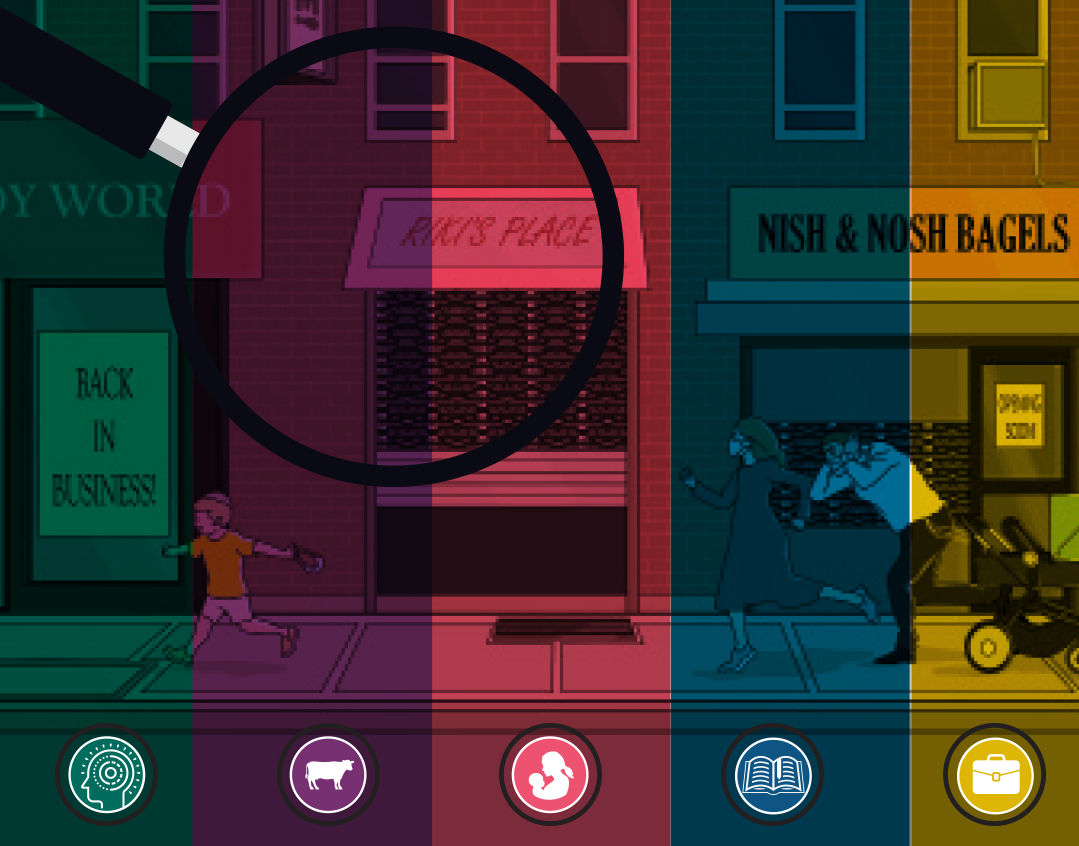
A shattered economy, a challenged international kashrus industry, months of children at home who’ve had to navigate the waters of remote schooling, and escalated mental health issues are just some parts of the “new normal.”
When the dust settles and life reemerges from lockdown, how will our communities, reeling from the pandemic fallout, readjust to a new reality?

Related content

An expert panel featuring Rabbi Menachem Karmel, Rabbi Zvi Bender and Rabbi Ari Schonfeld, moderated by Rabbi Yossi Bensoussan WATCH / LISTEN TO THE PANEL HERE
Mishpacha Contributors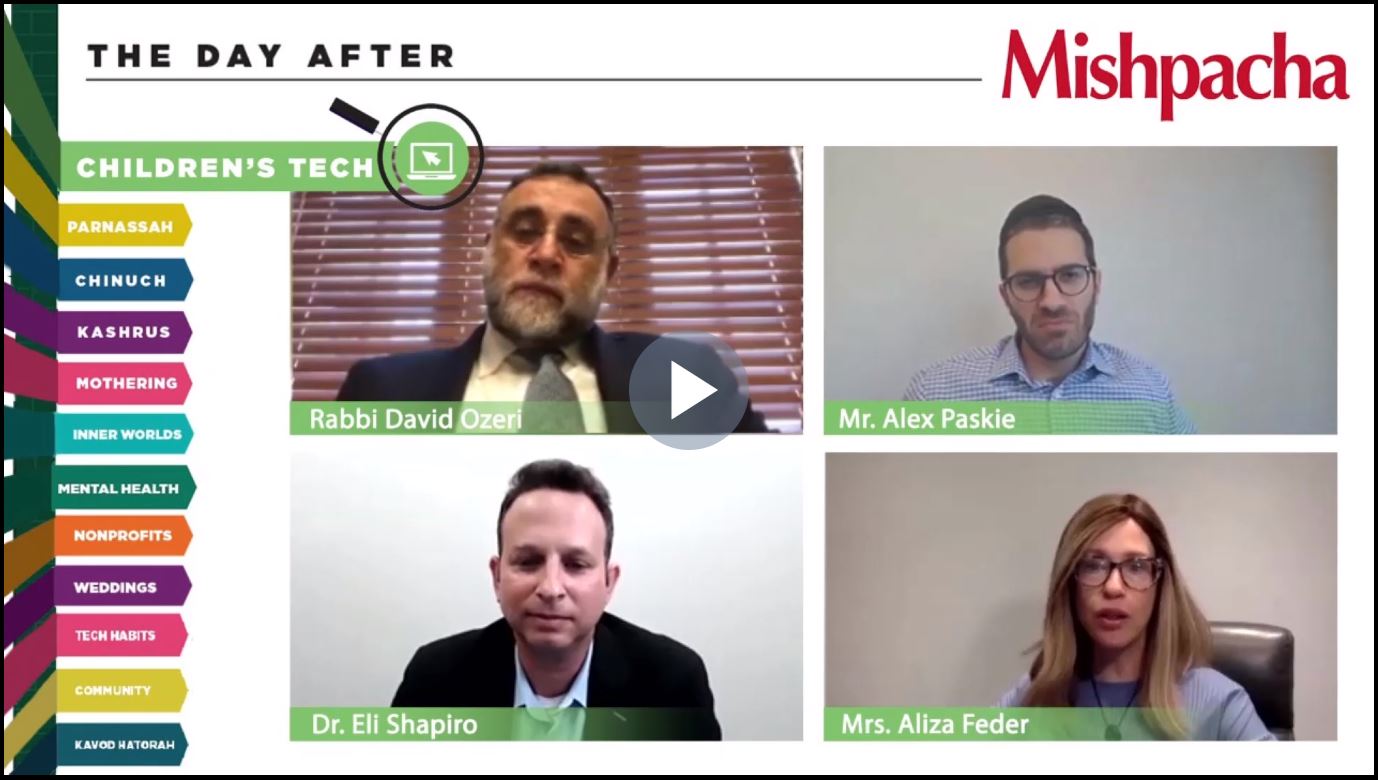
An expert panel featuring Rabbi David Ozeri, Dr. Eli Shapiro, and Mrs. Aliza Feder, moderated by Mr. Alex Paskie WATCH / LISTEN TO THE PANEL HERE
Mishpacha Contributors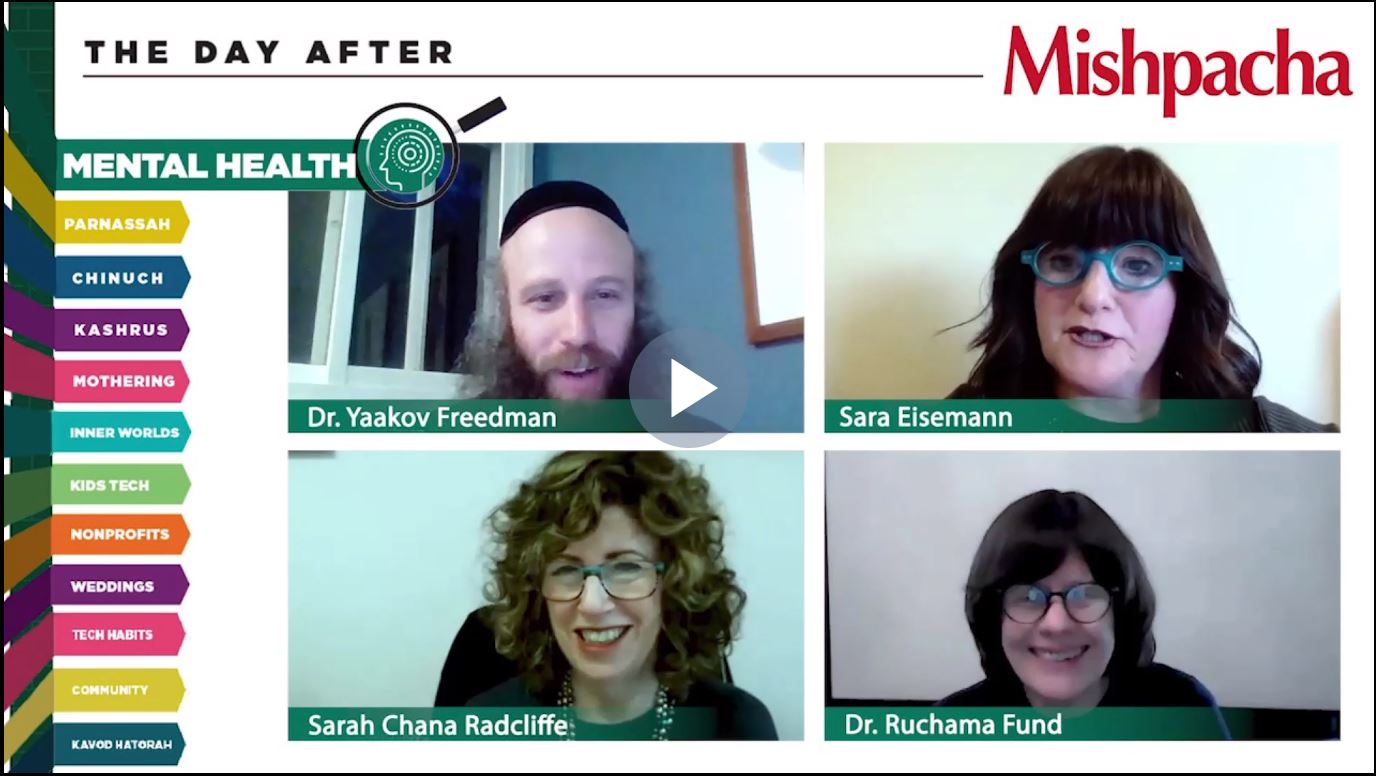
An expert panel featuring Dr. Yaakov Freedman, Dr. Ruchama Fund and Sarah Chana Radcliffe, moderated by Sara Eisemann WATCH / LISTEN TO THE PANEL HERE
Mishpacha Contributors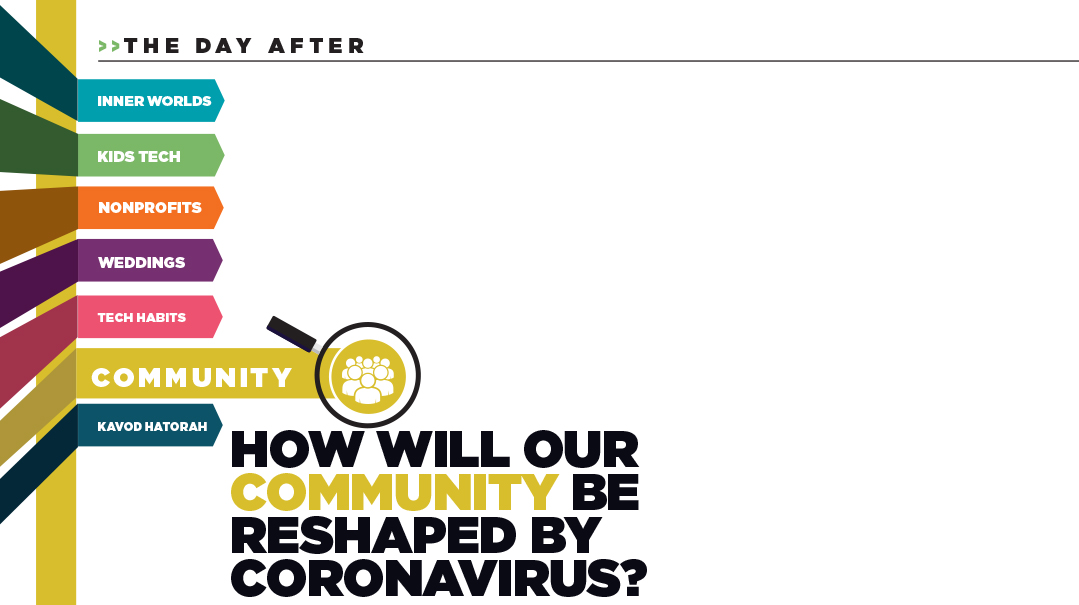
Another explanation for why Orthodox Jews seem to be faring so well, despite higher risk and exposure, is community support
Tzvi Pirutinsky PhD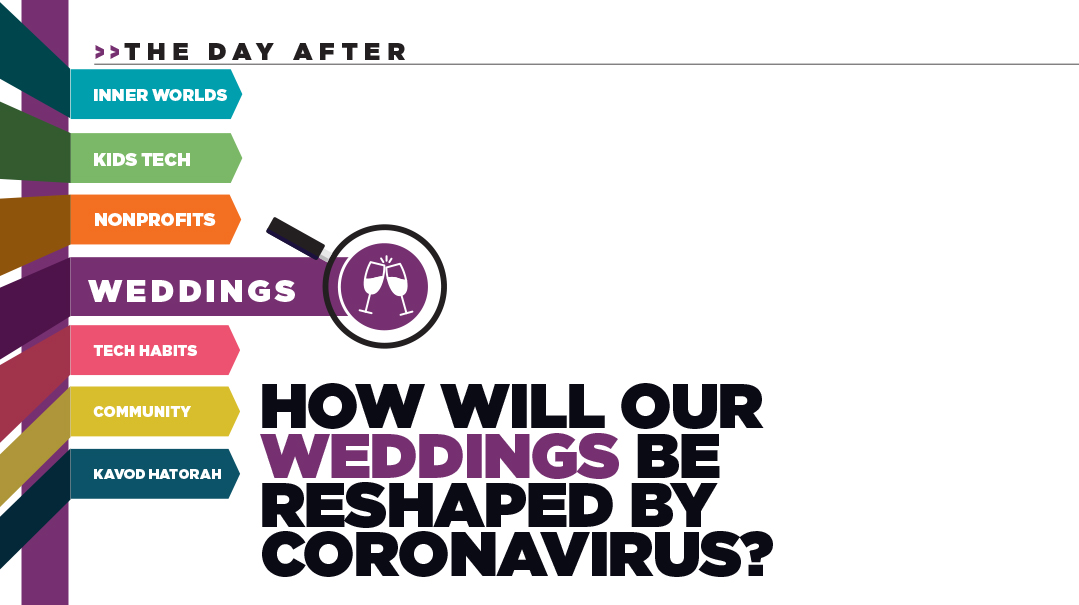
Less than three months after the virus hit our community, people from coast to coast and everywhere in between have signed up for this kabbalah
Shaul C. Greenwald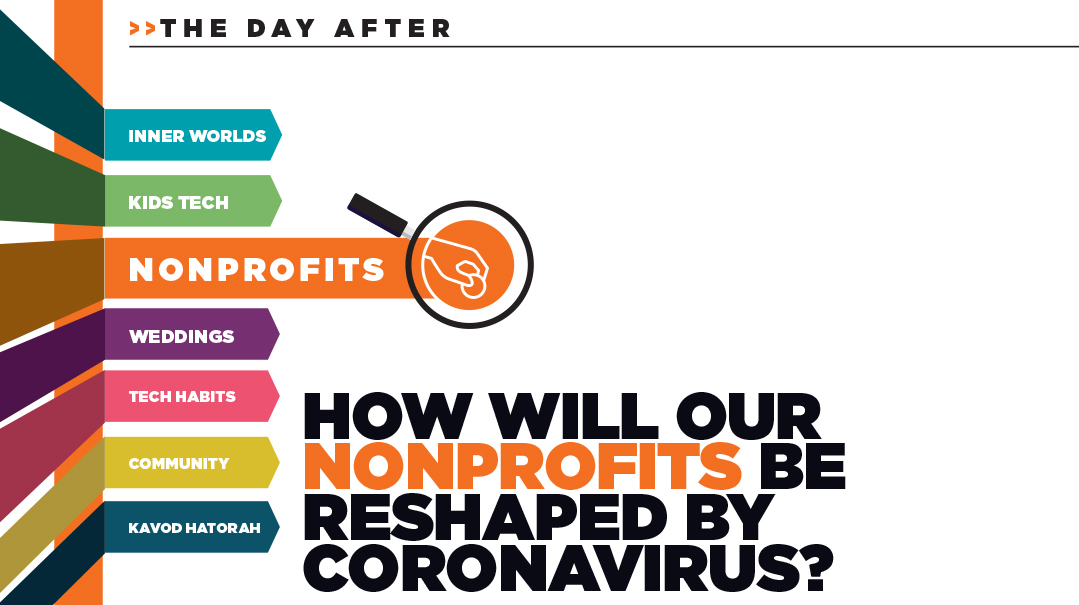
Even though it’s too early to assess the full extent of the damage to this sector, some trends are becoming clear
Gedalia Guttentag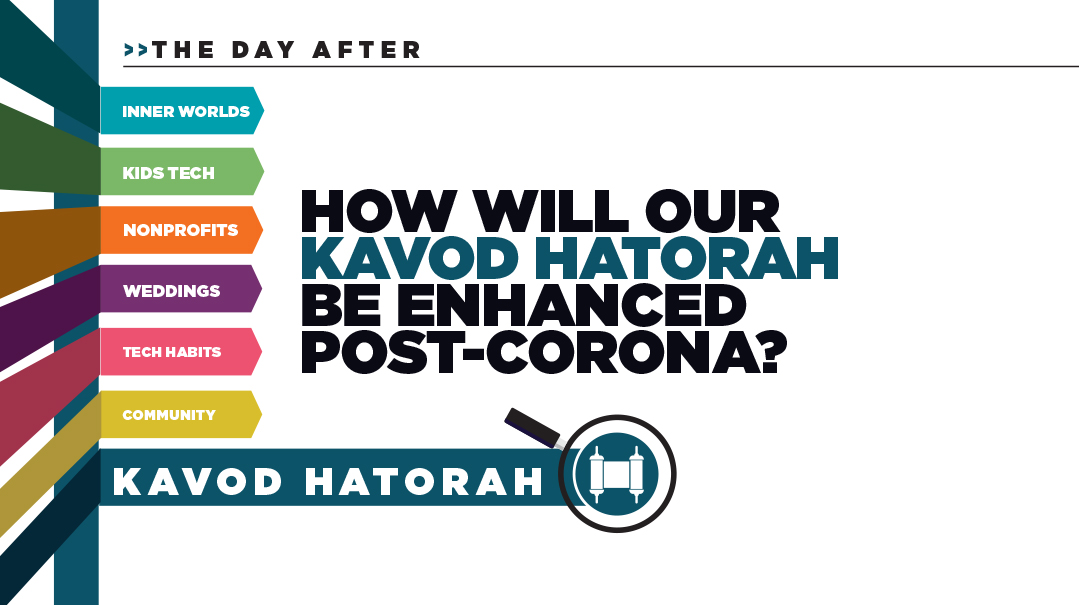
When this is over, perhaps we can suggest a subtle change. Follow your rav, for sure. But that doesn’t mean the other one is wrong
Yisroel Besser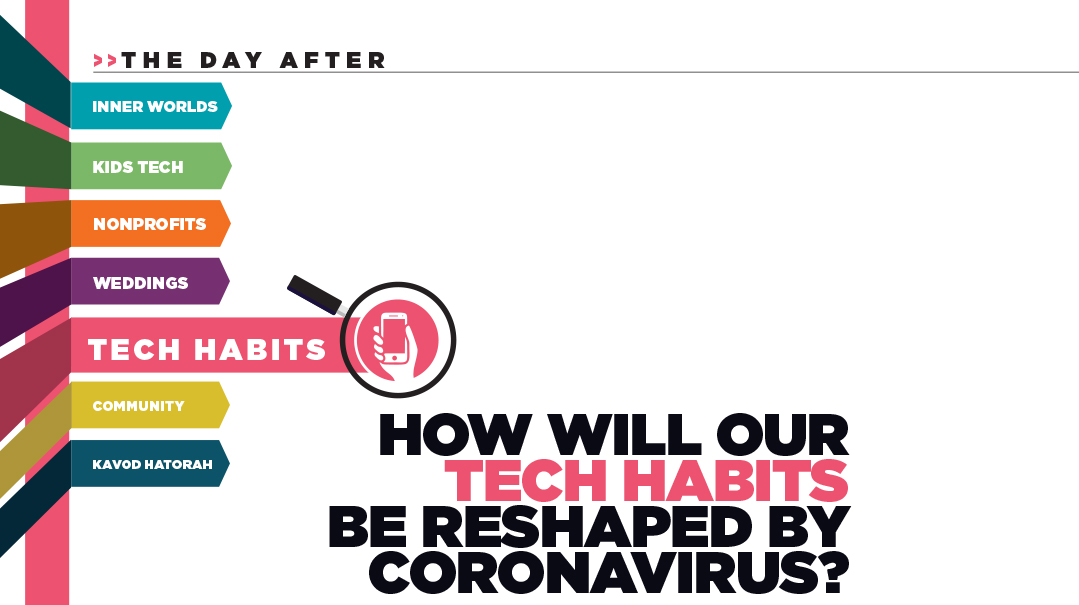
All of the virtual concerts, meetups, calls to family are so wonderful and appreciated. But when we hang up, we’re still hungry
Dovid Bashevkin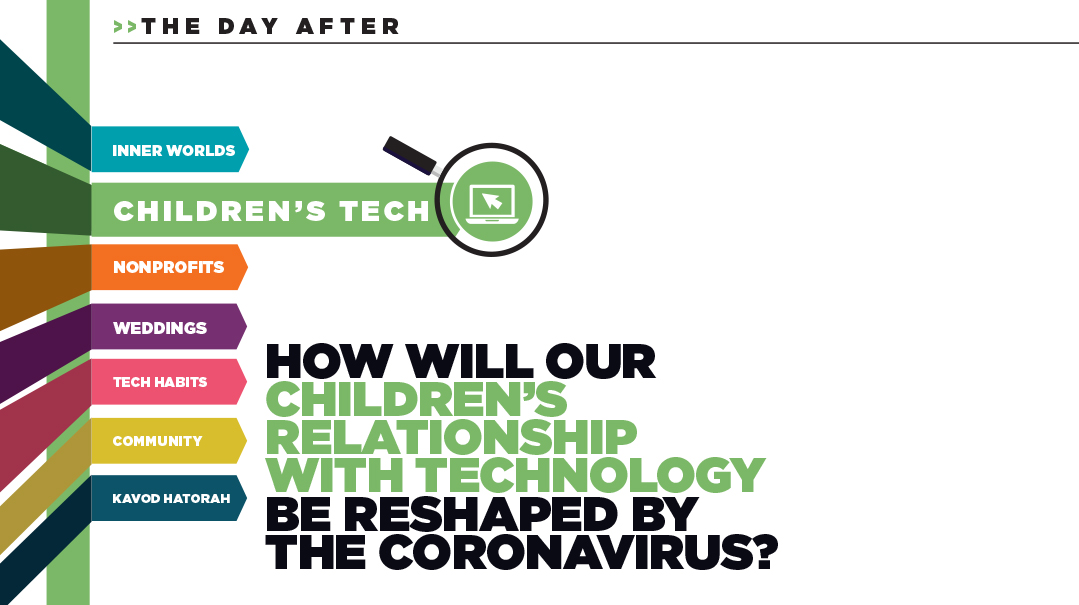
The goal is to maximize the benefits and avoid the negative effects
Dr. Eli Shapiro
When the dust settles and life reemerges from lockdown, how will we readjust to a new reality? Part Two of a special project
Mishpacha Contributors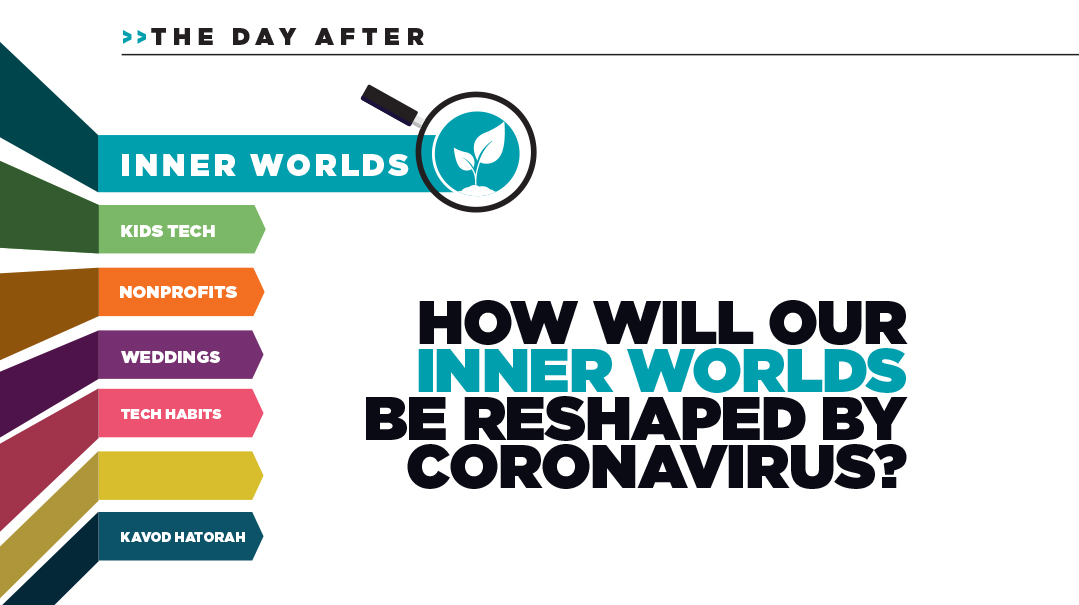
To answer the question, “What does Hashem, your G-d, ask of you,” we first have to accept the premise that quite possibly, the Creator has plans for us that don’t match our assumptions
Rabbi Reuven Leuchter
Along with the challenges, COVID-19 has brought new discoveries to both clinicians and patients
Dr. Ruchama Fund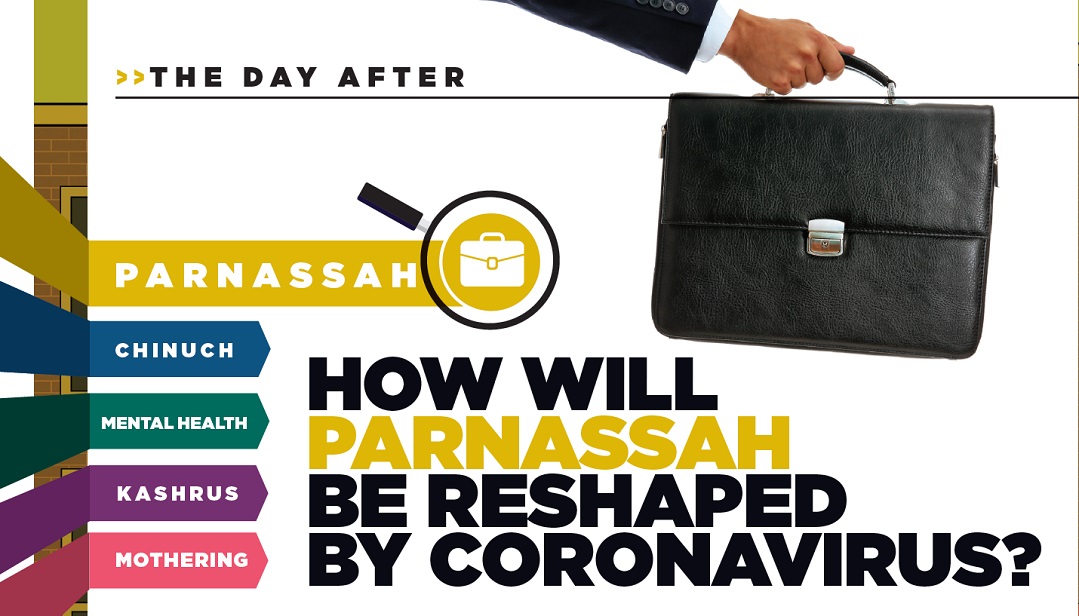
When the dust settles, our young working guy is facing a crisis he never prepared for
Gershy Tress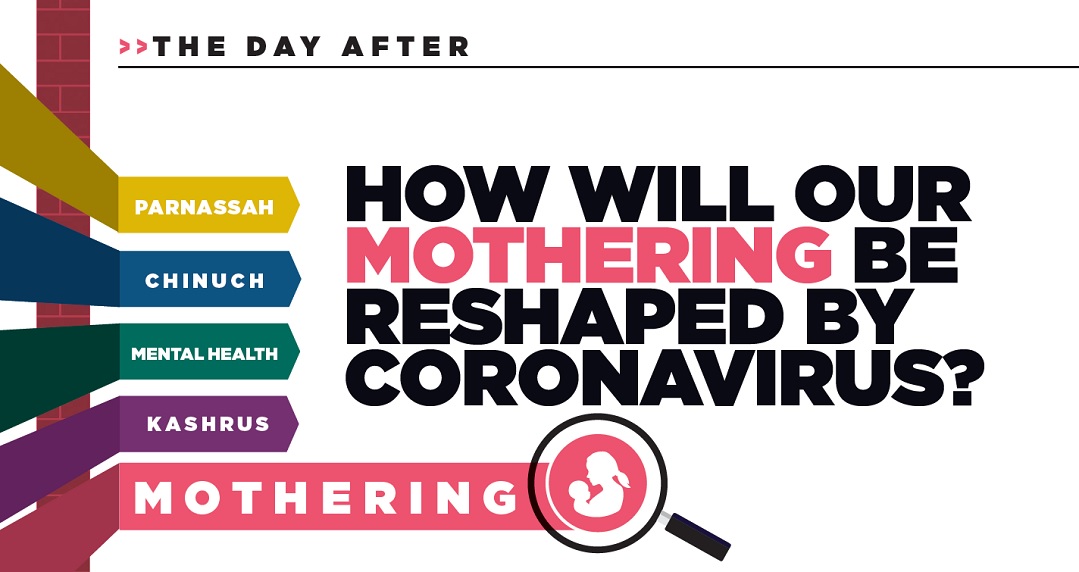
The struggling child doesn’t feel like anyone’s top priority as annoyance turns to irritation turns to impatience turns to rejection
Shoshana Friedman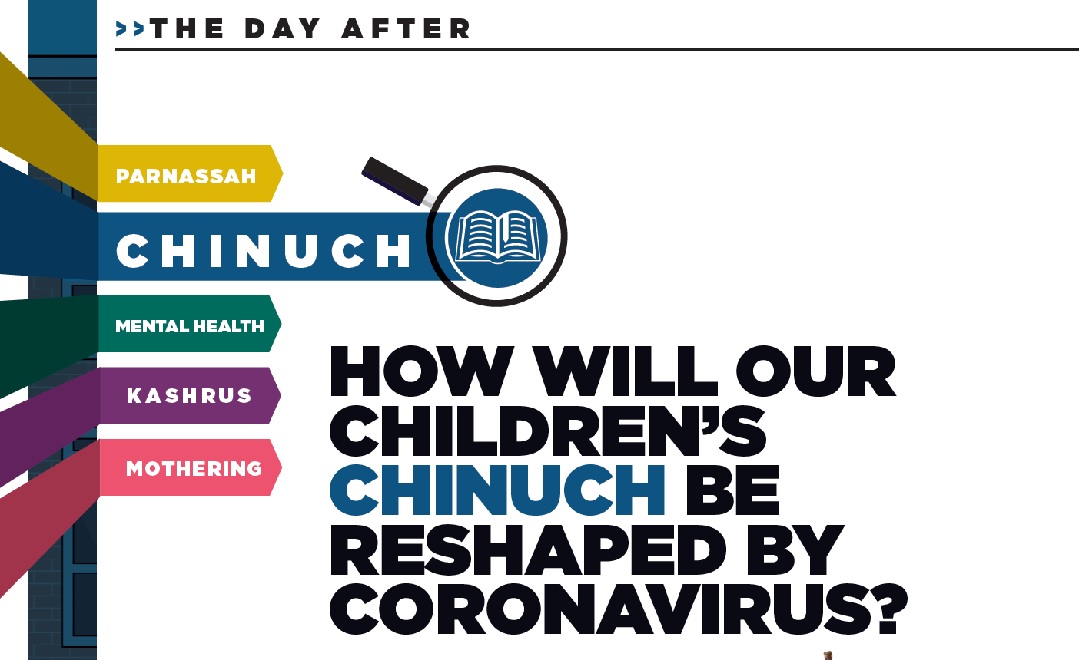
From a chinuch standpoint, this virus will leave us with a mixed bag of after effects
Rabbi Menachem M. KarmelWhen the dust settles and life reemerges from lockdown, how will our communities, reeling from the pandemic fallout, readjust to a new reality? Part One of a special project
Mishpacha Contributors
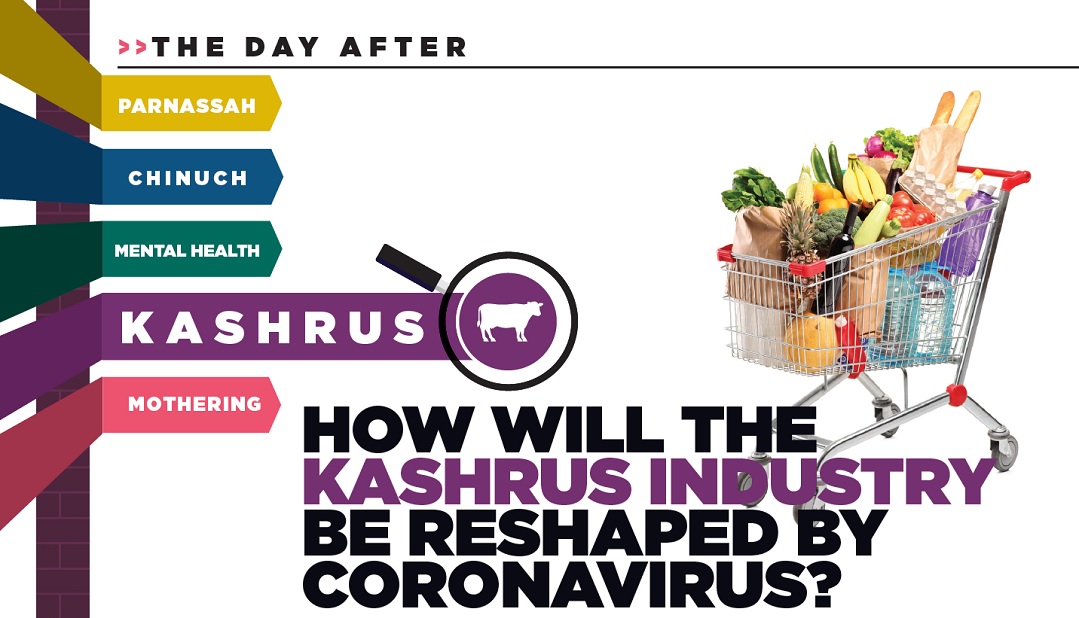

Comments (3)